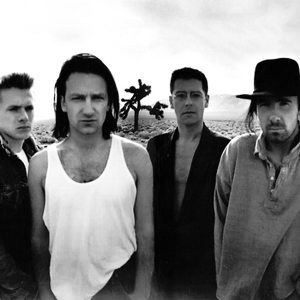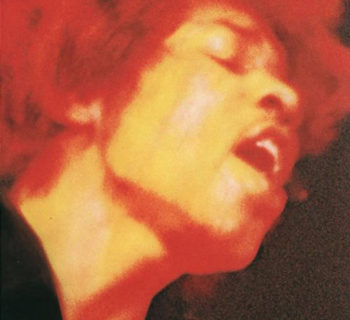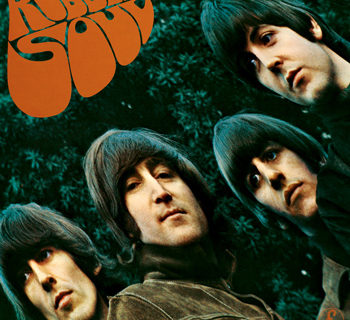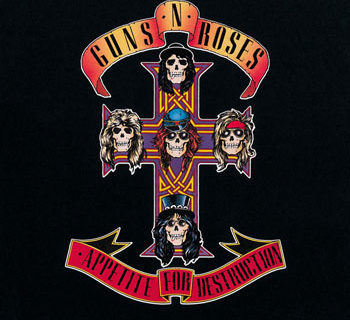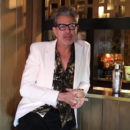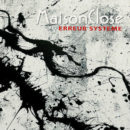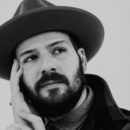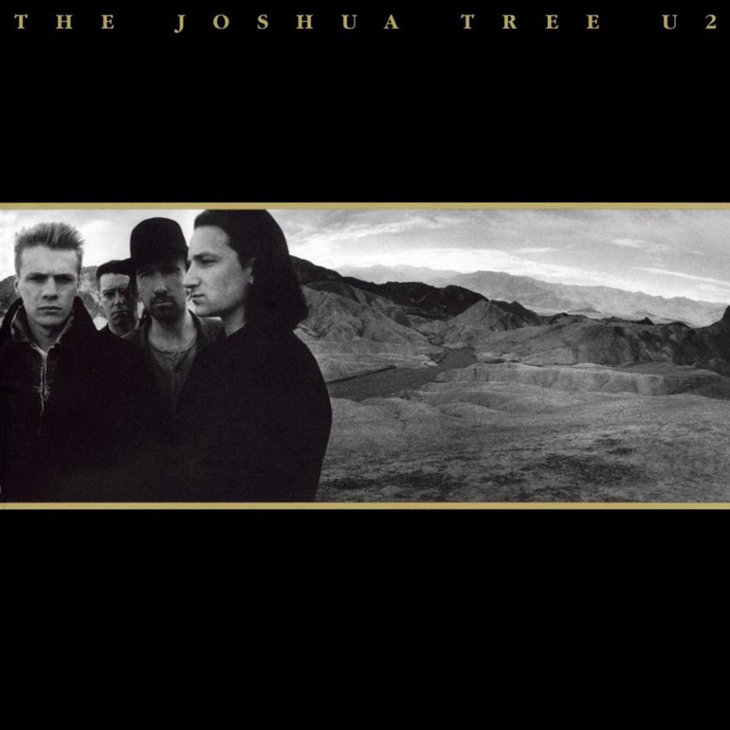 U2 - The Joshua Tree
U2 - The Joshua Tree
I listen for silence. It is an instrument. It can be joyful and ecstatic; it can bring together, and it can love. It can also hurt and terrify, close in and tear apart. In The Joshua Tree, U2 makes silence majestic.
This album’s silence is expansive—a tapestry of wide-open spaces, and it revels in the unspoken. The suggested vistas that stretch infinitely into the distance. In this world, silence is lyrical and flowing, open throated and exalted.
The Joshua Tree, released in 1987, is U2 at their most balanced, straddling the line of their ambient Eno impulses and their love of thrashing rock, a la War. Bono’s vocals have the gruff earnest quality of a sandstorm; Adam Clayton and Larry Mullen hold it down with bass and drums like the open road. And then there’s The Edge.
The Edge gets a lot of shit by “technical” guitarists for writing three note guitar lines, and using delay for his lines. = he’s not a technical guitar player. But he does something a lot of technical players can’t: he says everything he needs in those three notes and makes them resonate in spacious reverb and echo. Mastery is not in technique, but in saying everything you need to say, and nothing more.
Or, put another way: Masamune, Japan’s master swordsmith was famously challenged by his apprentice Muramasa in a test of who was a superior swordsmith. For the challenge, they placed their swords in a river point down: Muramasa’s sword cut the water, cleaved the air, and sliced leaves and fish cleanly. Masamune’s sword caressed by the water; the fish swam around it; the leaves floated by; and the air sang as it glided by. A wandering monk deemed Masamune’s sword the superior blade. Not because of its ability to cut, but for its ability to determine what should be cut.
U2–and The Edge–at their best show Masamune’s skill. They discriminate.
This album’s silence is expansive—a tapestry of wide-open spaces, and it revels in the unspoken.
They are also the cinematic and climactic. “Where the Streets Have No Name” creates a wall of sound with that wonderful guitar line. I can feel Bono’s rage in “Bullet the Blue Sky.” It is as visceral as it needs to be; it is as lyrical and emotionally balanced. U2’s career is characterized by a sense of unevenness; but at least for The Joshua Tree they hit that sweet spot to create something lasting, and effervescent.
I may not have found respite from my wandering impulses, but this record makes a good companion as I journey through the desert. The gnarled spider of branches against the sky, made of soundwaves is silent. But it is a silence that sounds like hope.
Until I find what I’m looking for.

